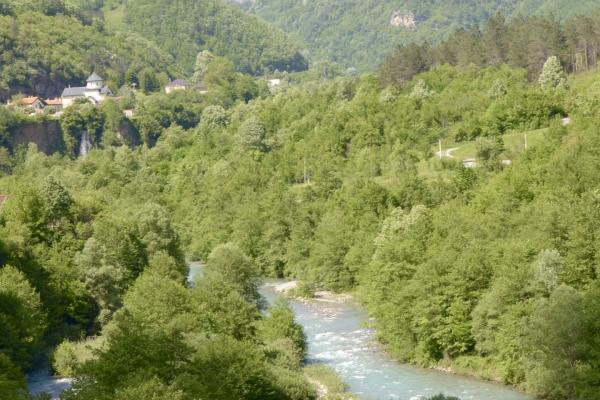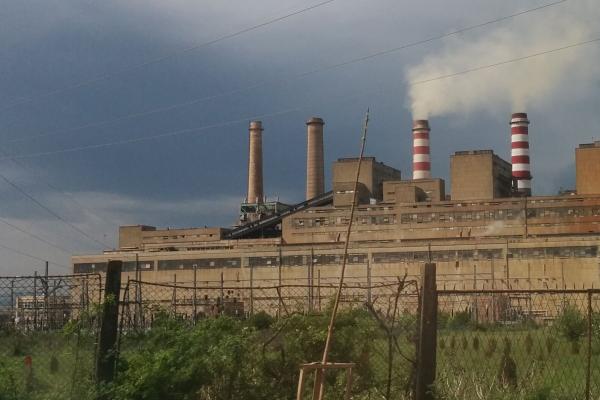Following Russia's invasion of Ukraine, ensuring energy security became a top priority for European governments. Meanwhile, environmental activists and local communities fighting to protect nature have been labelled 'enemies of the state' by public officials and their allies in the media. They have also faced lawsuits aimed at silencing them.
The construction of numerous small hydropower plants in protected areas has resulted in the irreversible destruction of unique mountain river ecosystems. These plants only generate a tiny amount of electricity, yet their impact on these ecosystems is permanent and devastating.
The European Commission has adopted a new directive stating that any construction project which destroys nature must be dismantled. However, Romania has a long-standing record of delaying or circumventing the full implementation of EU legislation. Meanwhile, Serbia — a country seeking EU membership — has also faced a long and difficult battle against the proliferation of small hydropower plants. Even Germany, often considered the greenest country in Europe, struggles to protect its natural environment.
A team of journalists spent eight months investigating the root causes of the hydropower boom. They identified the key stakeholders involved and examined how the European Commission’s bureaucracy had allowed environmental legislation to be disregarded.
On the right: Photo by Adrian Mogoș






